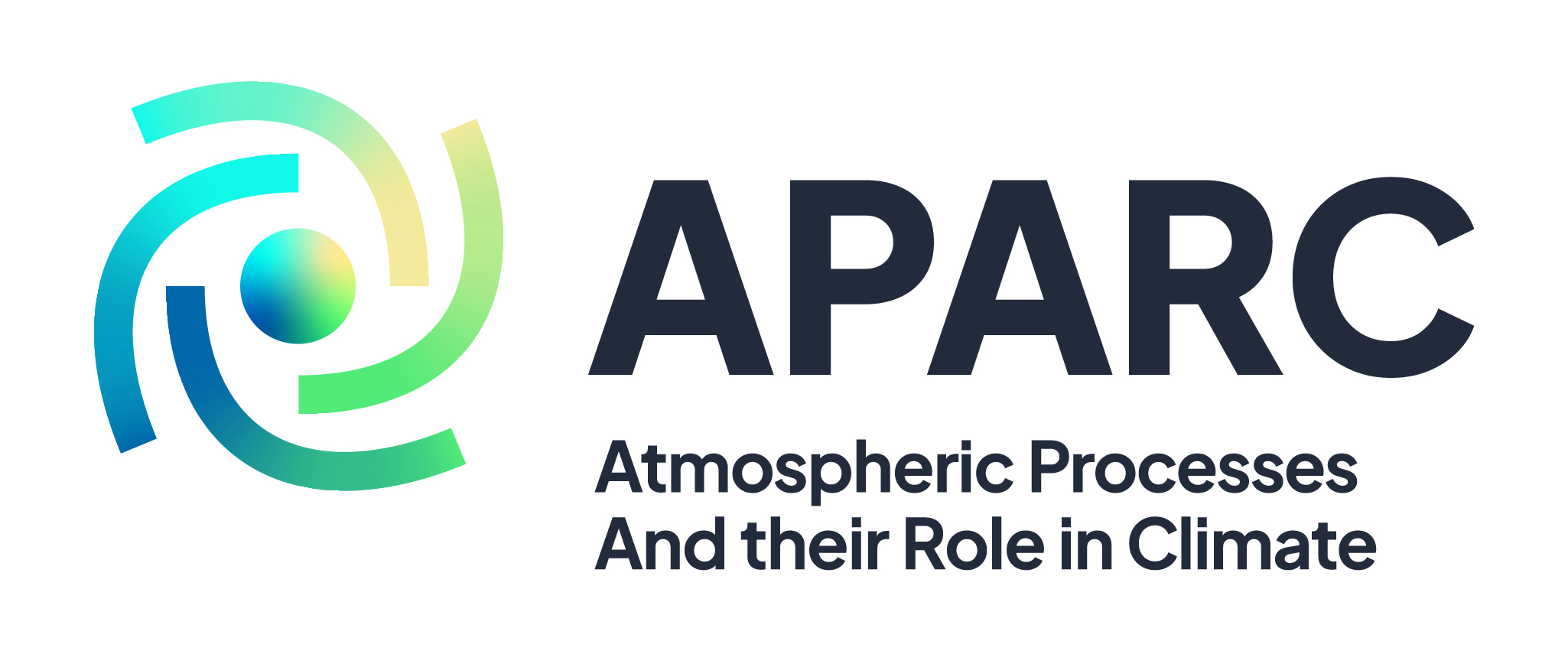2024 APARC Reanalysis Intercomparison (A-RIP) Planning Workshop
July 22 – 24, 2024
Registration for on-site participation is closed. Last-minute requests for virtual participation can be sent to aripworkshop2024@gmail.com
Laboratory for Atmospheric and Space Physics (LASP)
Space Science Center (SPSC)
3665 Discovery Dr.
Boulder, CO 80309
Background
The Stratosphere-troposphere Processes And their Role in Climate (SPARC) Reanalysis Intercomparison Project (S-RIP) began as a coordinated activity to identify differences among reanalyses and their underlying causes, provide guidance on appropriate usage of reanalyses in scientific studies, and contribute to future improvements in the reanalysis products via collaborations with reanalysis centers and data users. S-RIP Phase 1 culminated with the publication of the S-RIP report in January 2022 and a very successful special issue in ACP and ESSD with over 50 papers. Phase 1 taught us the value and importance of continuing reanalysis intercomparisons and communications between reanalysis providers and the SPARC (now APARC) community. The above objectives thus remain our primary aims as we move into the next phase of this activity, A-RIP.
Workshop goals
This workshop will bring together scientists developing and using reanalyses to share research and plan the next phase of systematic reanalysis evaluations as part of A-RIP. Workshop topics include updates on the newest and forthcoming reanalyses planning for topical studies for A-RIP. New and continuing topics for intercomparisons include the Brewer-Dobson circulation; tropospheric circulation (e.g., jets, storm tracks, teleconnections, extreme weather events) and its links to the stratosphere; monsoons; transport and composition of the extra-tropical upper troposphere / lower stratosphere (UTLS); tropical UTLS / tropical tropopause layer; upper stratosphere / mesosphere / lower thermosphere; quasi-biennial oscillation; stratospheric polar vortex (dynamics & variability; composition & chemistry); and tropospheric composition and air quality.
Venue
The workshop will be held in the LASP Space Science Building (SPSC) on the University of Colorado at Boulder East Campus in Room W120. Enter the building, pass the front desk, and turn left before the stairs.
Workshop organizers
- Sean Davis (local organizer)
- V. Lynn Harvey (local organizer)
- Gloria Manney (A-RIP co-lead)
- Jonathon Wright (A-RIP co-lead)
- Masatomo Fujiwara (A-RIP co-lead)
- Mohamadou Diallo (ECS and outreach coordinator)
Pre-workshop event for early career scientists
A-RIP is organizing a 2-day ECS event from July 20 to 21 on the University of Colorado Boulder campus (building/room TBD). This event is scheduled for the weekend after the 2024 Quadrennial Ozone Symposium (QOS), which will attract climate researchers from around the world.
Eleven ECS from all over the world will participate in the event, including students and postdoctoral fellows. Additional information is available here.
Agenda overview
This meeting will include a mixture of invited and contributed oral presentations (both in person and virtual), and in person posters. Posters will be displayed Monday - Wednesday.A pdf version of the program can be downloaded here.
A group dinner (self-paid) is planned for about 7pm Tuesday evening at Avanti Food and Beverage Boulder
Lodging information
A-RIP Workshop participants who are also attending QOS can book a room at a discounted rate at the Embassy Suites or Hilton Garden Inn using the group rate from the Quadrennial Ozone Symposium. Bookings must be done by July 13th. Both of these hotels are within reasonable walking distance (~ 1.5 miles / 2.4 km) of the SPSC.
Other hotels within walking distance
Courtyard by Marriott – 4700 Pearl Pkwy (1.2 miles) – south on Foothills path then west on Boulder Creek
Residence Inn by Marriott – 2550 Canyon Blvd (1.2 miles) – south on 28th street then east on Boulder creek
Boulder Marriott – 2660 Canyon Blvd (1.4 miles) – south on 28th street then east on Boulder creek path
Travel to/from Denver International Airport
Bus
Boulder is an hour away from the Denver International Airport (DIA) via the RTD Route AB1 bus service, which runs every 30 minutes to 1 hour depending on time of day. Pay exact cash ($10) when boarding the bus, use the ticket machine in the airport bus and rail center, or use the RTD MyRide app.
The route makes several stops in Boulder, including a final destination at the Downtown Boulder Transit Station at 14th and Walnut, in the heart of downtown. Those staying at the Embassy Suites or Hilton (both near 28th and Canyon) will then transfer to the BOLT bus and take it 4 stops to Canyon Dr. & McGuckin Way. See full RTD trip planner here.
Rental car
If you rent a car and drive from DIA, follow these directions to Boulder: Follow Pena Boulevard (the exit drive from DIA) until it merges with I-70. Follow I-70 to the exit for I-270. Follow I-270 to Highway 36 to Boulder (The two highways merge together just past I-25). Follow Highway 36 into Boulder.
Uber/shared ride services
Shared-ride service shuttles pick-up and drop-off from Jeppesen Terminal Level 5, island 5, outside doors 505-507 (east side) and 510-512 (west side). Request a ride with Uber from Denver Airport to Boulder. This typically covers a distance of 43 miles and takes approximately 45 minutes. The price for this route typically averages at $78.
Parking
Daily parking costs $10 and is available in lot 544 in front of the Space Sciences building. Permits can be purchased via the kiosk near the entrance of the building or via the ParkMobile app.
Sponsors
NorthWest Research Associates, Inc
The Cooperative Institute for Research in Environmental Sciences









